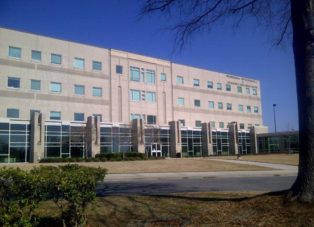Operating Expense vs Capital Expense
Property owners, managers and accountants need to make a lot of decisions and what the property does with expenses is among the biggest of these decisions. Operating and capital expenses are two primary expenses that are treated quite differently for accounting and tax purposes.
An operating expense is one that is required for the day-to-day functioning of a property. In contrast, a capital expense is one that is incurred to create a benefit in the future.
Operating Expenses
Operating expenses are incurred during the regular operation of a property or business. Some examples include utilities, taxes, insurance and general building maintenance or repairs. These are easier to understand since they are a part of day-to-day operations and simply recorded on the company income statement as an expense.
Capital Expenses
A capital expense is when a property spends money or takes on debt as an investment in the property itself. This could be purchasing a new asset or adding to the value of an existing asset where the benefits will be for longer than a single tax year. Capital expenses include HVAC replacement, tenant build-out, common area renovations and sealing/striping the parking lot. Capital expenses are recorded as assets on a company’s balance sheet rather than as expenses on the income statement. It then depreciates over the life of the asset, and a portion is charged to the company’s income statement.
Accountants and business owners alike need to know when it should capitalize and when to expense, as well as, how to ensure the business’ accounting tactics are within the legal parameters.



